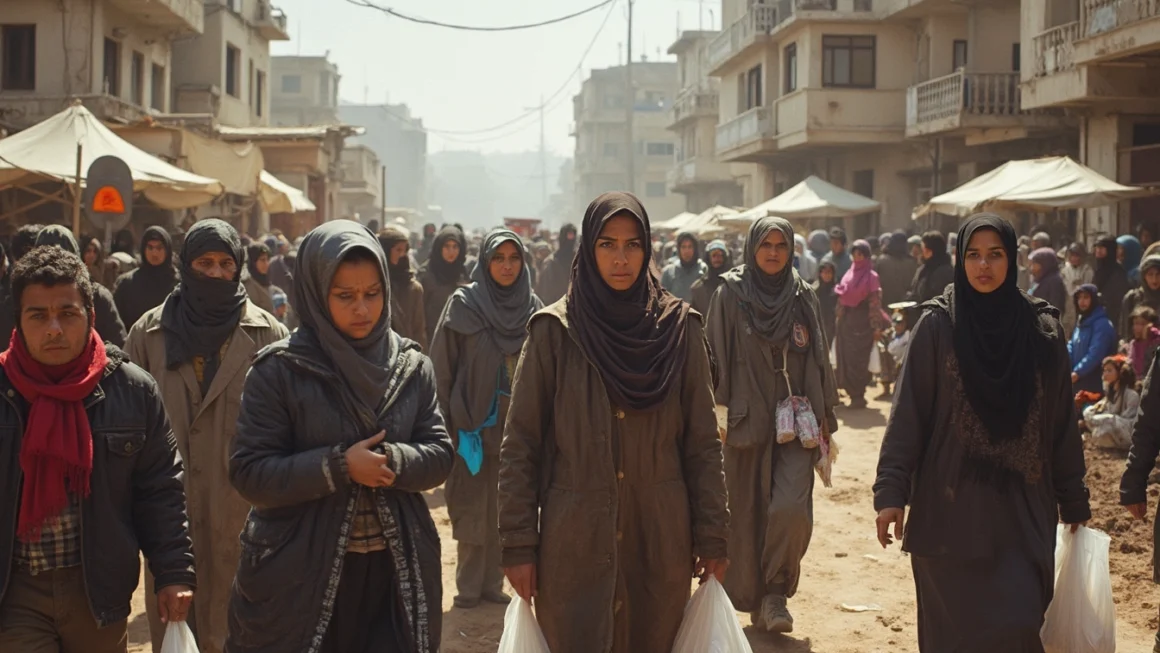Understanding the Lebanon Emergency: Key Insights from UNRWA’s Situation Report
Table of Contents
The ongoing crisis in Lebanon has escalated, drawing global attention and necessitating urgent humanitarian efforts. In a comprehensive situation report, UNRWA outlines the challenges faced by communities and the strategic interventions in place. This blog delves into the core issues highlighted in the report, offering a closer look at the humanitarian response to this crisis.
The Current State of Lebanon’s Emergency
Lebanon is grappling with a severe socio-economic crisis, exacerbated by pandemic-related issues, political instability, and infrastructural decay. As detailed in UNRWA’s report, the compounded crises have had a profound impact on the country’s vulnerable populations, including Palestinian refugees.
Escalating Humanitarian Needs
- Economic Collapse: The Lebanese economy continues to decline with high inflation and unemployment rates, which are pushing more people into poverty.
- Healthcare Strain: The public health system is overburdened, struggling to offer adequate services during a pandemic.
- Food Insecurity: Increased food prices and the devaluation of the local currency have led to widespread food shortages.
Impact on Refugees
Palestinian refugees are among the hardest hit, facing limited access to essential services and support. UNRWA’s report highlights the dire conditions within refugee camps, where overcrowding and inadequate infrastructure pose significant health risks.
UNRWA’s Strategic Response
In response to the crisis, UNRWA has implemented several strategic initiatives aimed at alleviating the conditions of those most affected, with a focus on sustainable support structures.
Key Initiatives and Interventions
- Emergency Cash Assistance: Financial aid has been distributed to support basic needs and improve living conditions.
- Healthcare Support: Increasing access to critical healthcare services, including COVID-19 testing and vaccinations.
- Educational Programs: Efforts to maintain education services for refugee children despite school closures.
Collaborative Efforts
Collaboration with local and international partners is crucial to the success of these interventions. By pooling resources and expertise, UNRWA aims to amplify the impact of its initiatives and address the broader humanitarian needs effectively.
Challenges and Future Prospects
The path forward in Lebanon is fraught with challenges, particularly in ensuring the continuity and expansion of humanitarian efforts amid dwindling resources. Nevertheless, the situation report underscores the resilience of the affected communities and the critical role of international support.
Overcoming Resource Shortages
One of the primary obstacles is the shortage of financial and logistical resources needed to sustain large-scale humanitarian operations. Ongoing support from the international community is imperative to bridge these gaps.
Ensuring Long-Term Stability
Building a robust framework for long-term recovery and stability remains a key priority. This includes reinforcing local governance structures and fostering economic revitalization strategies.
For those interested in exploring automation solutions that can aid in efficient resource distribution and data management during such crises, consider visiting this platform which offers innovative automation solutions that could enhance operational efficiency.
Conclusion
The situation in Lebanon is complex and requires a nuanced, multifaceted approach to address the pressing needs of vulnerable populations. The efforts of organizations like UNRWA are crucial in delivering timely assistance and supporting long-term recovery. Greater awareness and continued support can empower these initiatives, significantly impacting the lives of those affected by the crisis.
Join the conversation and lend your support to these efforts, as collective action remains vital in overcoming the challenges faced in Lebanon today.




